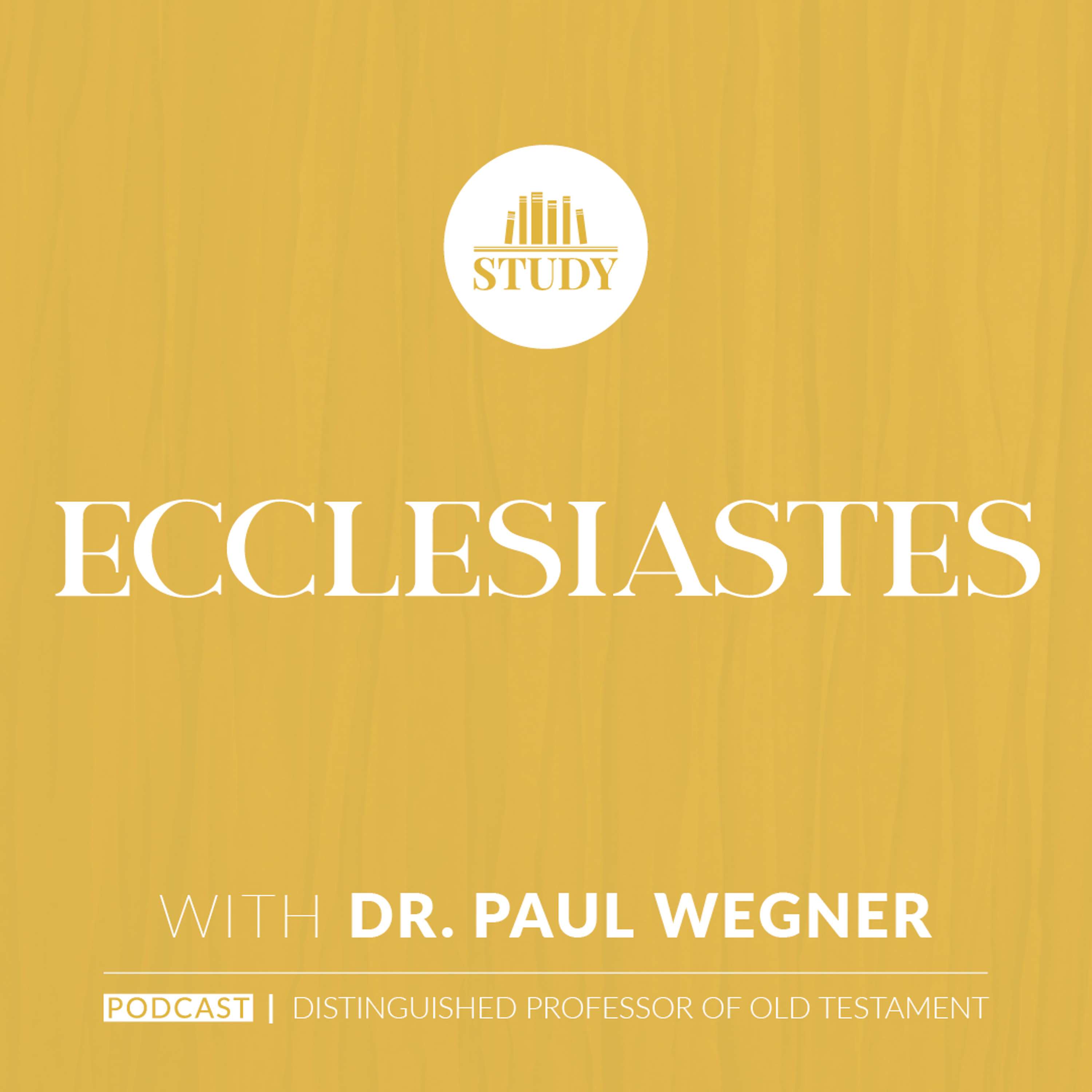Southern Baptist churches, based on our baptism reports, are less and less effective at sharing the gospel in such a way people receive it and become Christians. The reasons for this vary from church to church, but there are some common problems which span geography, culture, and ministry style. This is the fourth installment in a summer series highlighting some of those issues and offering some suggestions for change. A very personal problem limiting evangelistic effectiveness is embarrassment about being a Christian.
Another barrier believers have to sharing the gospel is embarrassment about being a Christian. These feelings have several sources. One of the most frustrating is reprehensible behavior by prominent Christians. When a well-known pastor, teacher, or priest publicly confesses to sexual sin or fiscal irresponsibility, all Christians suffer a loss of credibility. The denomination or religious system of the offender doesn’t really matter to most unbelievers. They lump us all together and broad-brush the entire church with the failures of the few. It’s disheartening to build relationships with unbelievers and then have them ridicule our faith when a prominent leader is revealed as a charlatan or criminal.
Sometimes, however, the problem is closer to home. When you are known as a follower of Jesus, people expect you to live up to His standards. They are often watching you, most wanting to see how faith is lived out in everyday life, a few hoping to catch you in some inconsistency they can use to justify rejection of the gospel. Because you are still a sin-tainted human, you will make mistakes, occasionally compromising your faith and failing to live out the gospel consistently. This can be embarrassing, particularly if your failures are public. Cursing a co-worker or gossiping about a neighbor contradicts your spiritual commitments and undermines your reputation as a Christian. The result can be a reluctance to share your faith.
You will never live perfectly, no matter how hard you try. Christian leaders will also continue to sin, publicly embarrassing themselves and the church in general. These failures need not, however, stifle your witness. Authenticity demands frank admission of sin and apology for its negative results. The effectiveness of your witness is strengthened by honesty about your shortcomings and, when necessary, the failures of public figures. Hypocrisy is living one way while claiming another standard. It’s not hypocritical to admit weakness and take responsibility for it. Doing so demonstrates the genuineness of your commitment to Jesus and your willingness to admit your mistakes. Your honesty, more than glossing over reality, will be appreciated by your unsaved friends who already know you aren’t perfect.
Solution: Be honest. When your behavior is incongruent with your values, admit it and apologize. Most unbelievers will respect you more, not less, when you take responsibility for your shortcomings. Denial of your frailty, not its public display, is the death knell of your credibility as a witness. Part of living the Christian life is modeling how to confess sin, restore relationships, and serve others. Remember, denial is bad. Honesty is good.
This series is excerpted from my book, Unscripted: Sharing the Gospel as Life Happens
Read More

Excerpt — Towards a Clearer Understanding of Jonathan Edwards’s Biblical Typology: A Case Study in the ‘Blank Bible’
Dr. Cameron Schweitzer provides new insights into Jonathan Edwards’s often mischaracterized typology.

Seeing the Unseen
CSBC Women’s Ministry Director Cathie Smith shares how the church can serve the marginalized in its community.
Listen
Wisdom Books | Ecclesiastes
A common misconception about the book of Ecclesiastes is that it is very pessimistic. In actual fact, there is great comfort throughout the book that while life without God is meaningless, there is great satisfaction found when we cling to the Lord, and only to Him.

Ministering in Finland
Mikko Sivonen, Academic Dean of the Agricola Theological Seminary in Finland, joins Dr. Hopkins to discuss working as a missionary in a place where people are predominantly a different denomination than you. You can learn more about Mikko’s work here www.agricolasemin

Watch

Jonathan Edwards and the Asbury Revival
Chris Chun and Chris Woznicki discuss the signs of true revival, signs of the work of the Holy Spirit, and why it is important to critically assess the characteristics of revival in a spirit of charity.

Jonathan Edwards and the Baptists | Douglas Sweeney, Nathan Finn and Chris Chun
Dr. Douglas Sweeney and Dr. Nathan Finn joined Dr. Chris Chun for a panel discussion on Jonathan Edwards, recorded live at the SBC Annual Meeting in Anaheim.




